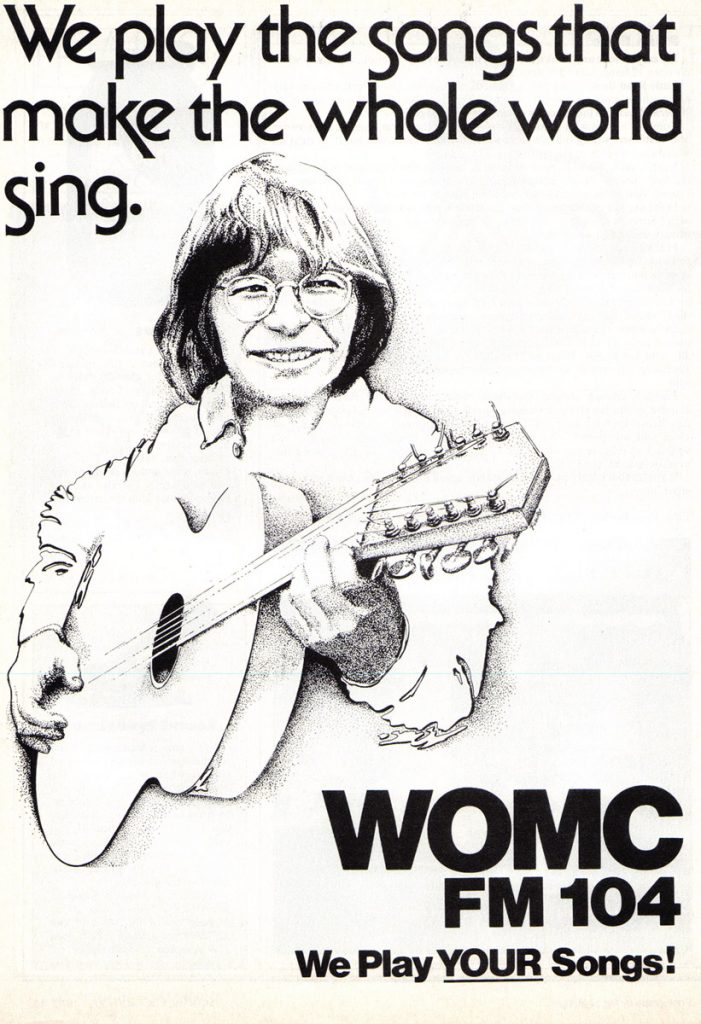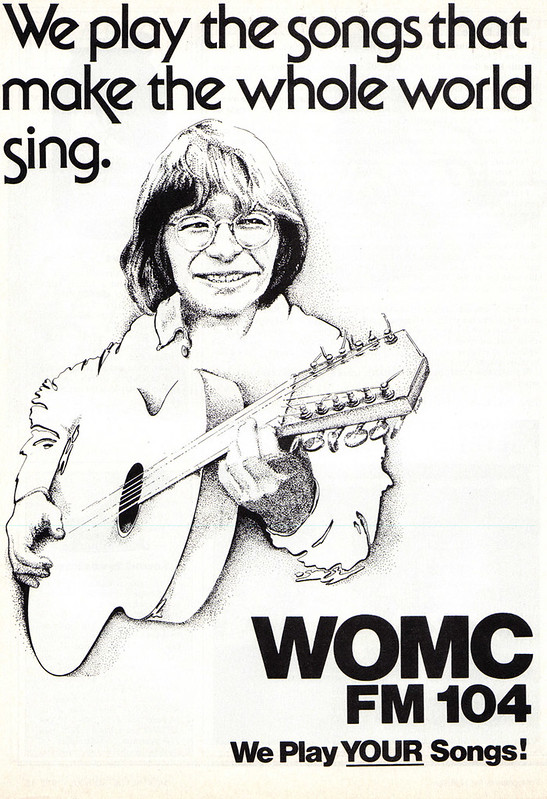
As any native of the Mountain State can attest, West Virginians really love John Denver’s classic song “Take Me Home, Country Roads.” Fans sing it after every West Virginia University football game, the state has included the song’s lyrics in its official slogan, and (as this author can attest) natives compulsively belt its chorus whenever driving across the state line. It’s less a song and more a cultural phenomenon.
West Virginians aren’t alone, though. Since its release almost 50 years ago, “Country Roads” has become a global sensation: more than 150 artists have covered the song in at least 19 languages. And while Mountaineers might like to think they have pride of place in loving the song, a review of the passionate response it’s received around the world shows they shouldn’t take that place for granted.
“Country Roads” was a hit almost from the moment it premiered, with the song receiving a five-minute standing ovation following its first public performance in December 1970. By August 1971, “Country Roads” was certified gold for shipping over a million copies. Music acts around the world quickly sought to capitalize on this success, with German, French, Danish, Italian, Dutch, Greek, and even Hindi versions hitting the market within a decade. Despite the Cold War, even Eastern European countries took to the song, with Slovenian, Czech, and Romanian artists producing versions that remain popular to this day. A standout from this period is Tapio Heinonen’s mournful Finnish cover “Vanha Tie” (1974). Give it a listen.
A major decision global musicians faced in adapting “Country Roads” was how much they should change its original lyrics to fit their home countries. On one end of the spectrum, French singer Dick Rivers’ 1977 cover (“Faire un Pont”) completely changed the song’s lyrics, removing all mention of “country roads” in favor of rustic village imagery. By contrast, in his 1977 cover, Israeli singer Hanan Yovel retained the English words “West Virginia” and “country roads” even as he translated the rest of the song into Hebrew.
Two decades after its initial release, “Country Roads” received another international boost through its inclusion in the 1995 film Whisper of the Heart by Studio Ghibli, a globally renowned Japanese animation studio. “Country Roads” plays an integral role in Whisper of the Heart’s plot, with one of its main characters singing a humorous Japanese version (“Concrete Road”) about her hometown in urban Tokyo. Whisper of the Heart brought “Country Roads” new life in Japan and, through international distribution, brought a new version of the song to audiences around the world.
A cover of the Japanese version of “Country Roads” by Goose House
In addition to its rich linguistic diversity, “Country Roads” has also been a favorite for artists looking to bend genres. Ray Charles’ 1972 cover is infused with his characteristic soul, and Jamaica’s Toots and the Maytals gave the song a reggae spin, changing its lyrics from “West Virginia” to “West Jamaica.” However, since the 2000s, the song has been subject to increased experimentation, with The Netherlands’ Hermes House Band releasing an English dance mix of the song in 2001, and Bangladesh’s Authorhin producing a rock cover in Bengali (“Metho path”) in 2005.
With over 21 million views on YouTube, one of the most popular “Country Roads” covers in recent years has been the version produced in conjunction with Bethesda Studio’s 2018 video game Fallout 76, set in West Virginia. Although Bethesda’s YouTube channel offers little clue about who performs the song, Fallout 76’s creators announced it was the work of Spank, a men’s vocal group specializing in Classic R&B and doo-wop based in New York City.
As Scout Ford, the member of the group who sang lead on “Country Roads,” explained in an interview with expatalachians, Spank got the recording contract through a happy coincidence. “We were doing a birthday for a one-year-old child that the parents set up, and through that we got into contact with a producer who wanted us to record the song for Fallout 76,” he said.
According to Ford, the recording process for the song was fairly involved, with Fallout 76’s creators sending guidance on the specific harmonies they were looking for in the song and Spank giving several recordings to the game makers. “We did it according to what the client wanted, but we were able to layer the harmonies with our own sound,” Ford said.
When asked which if any of the hundred versions of “Country Roads” inspired his take on the song, Ford was resolute. “When I listened to it, I heard John Denver,” he said. “It was a great song, it was sung well, and people can feel it. It’s like classical music. People feel it even when they can’t understand it,” Ford said.
Through countless adaptations, the enduring success of “Country Roads” seems to lie in its transcendent ability to evoke feelings of home and belonging. Whether one is from Tucker County or Tokyo, the song’s simple refrain to “take me home, to the place I belong” is something with which we can all identify.
Selected Versions of “Take Me Home, Country Roads” by Country
Bangladesh – Czechoslovkia – Denmark – Finland – France – Germany – Greece – India – Israel – Italy – Jamaica – Japan – Mexico – The Netherlands – Romania – Slovenia – Thailand – USA
Subscribe to The Patch, our newsletter, to stay up-to-date with new expatalachians articles and news from around Appalachia.
Nicholas Brumfield is a native of Parkersburg, WV currently working in Arlington, VA. He is also a 2007 recipient of the West Virginia Golden Horseshoe for exceptional knowledge of West Virginia history. For more hot takes on Appalachia and Ohio politics, follow him on Twitter: @NickJBrumfield.


